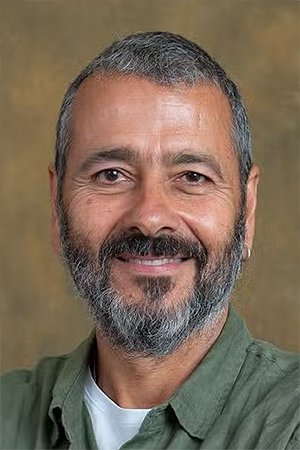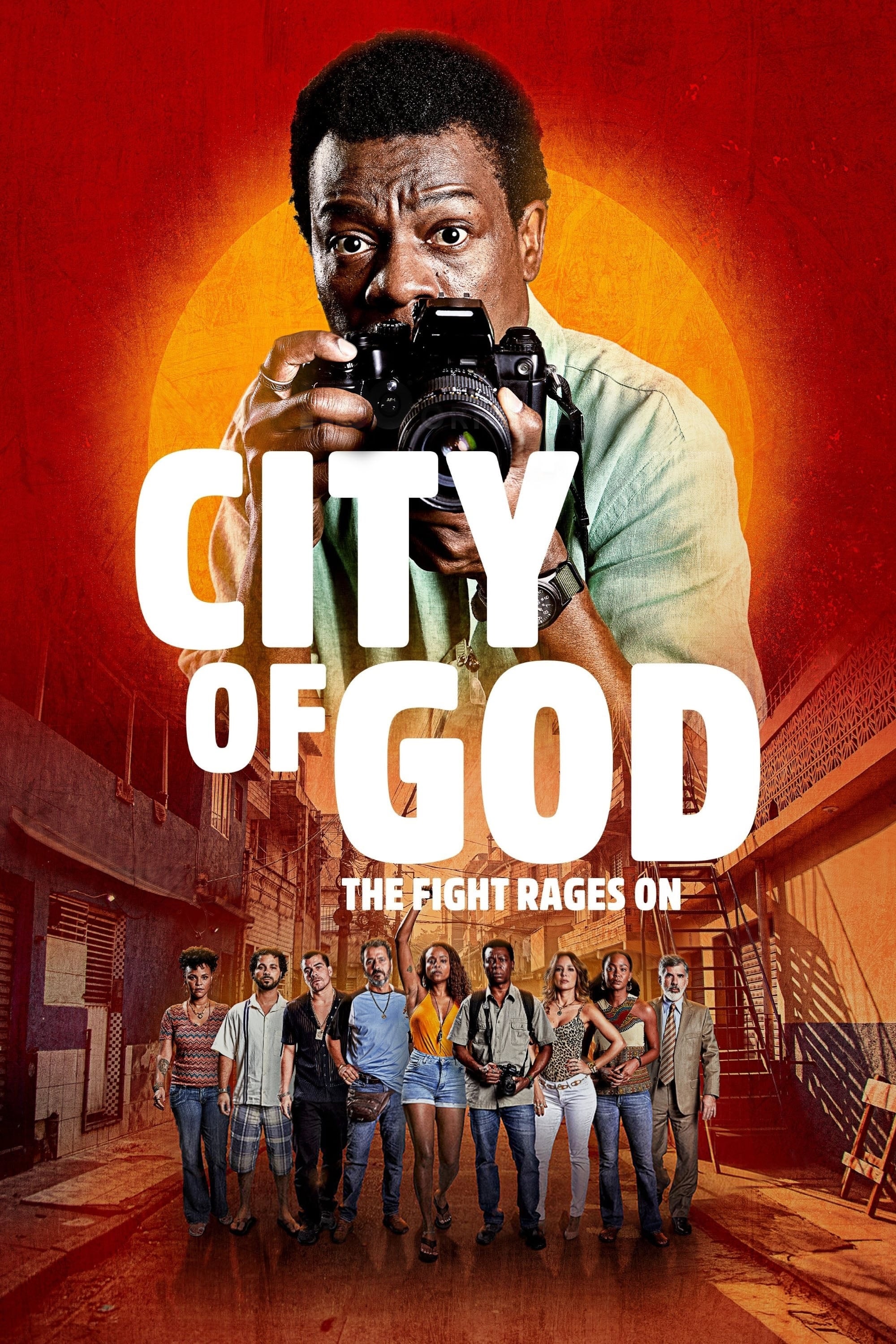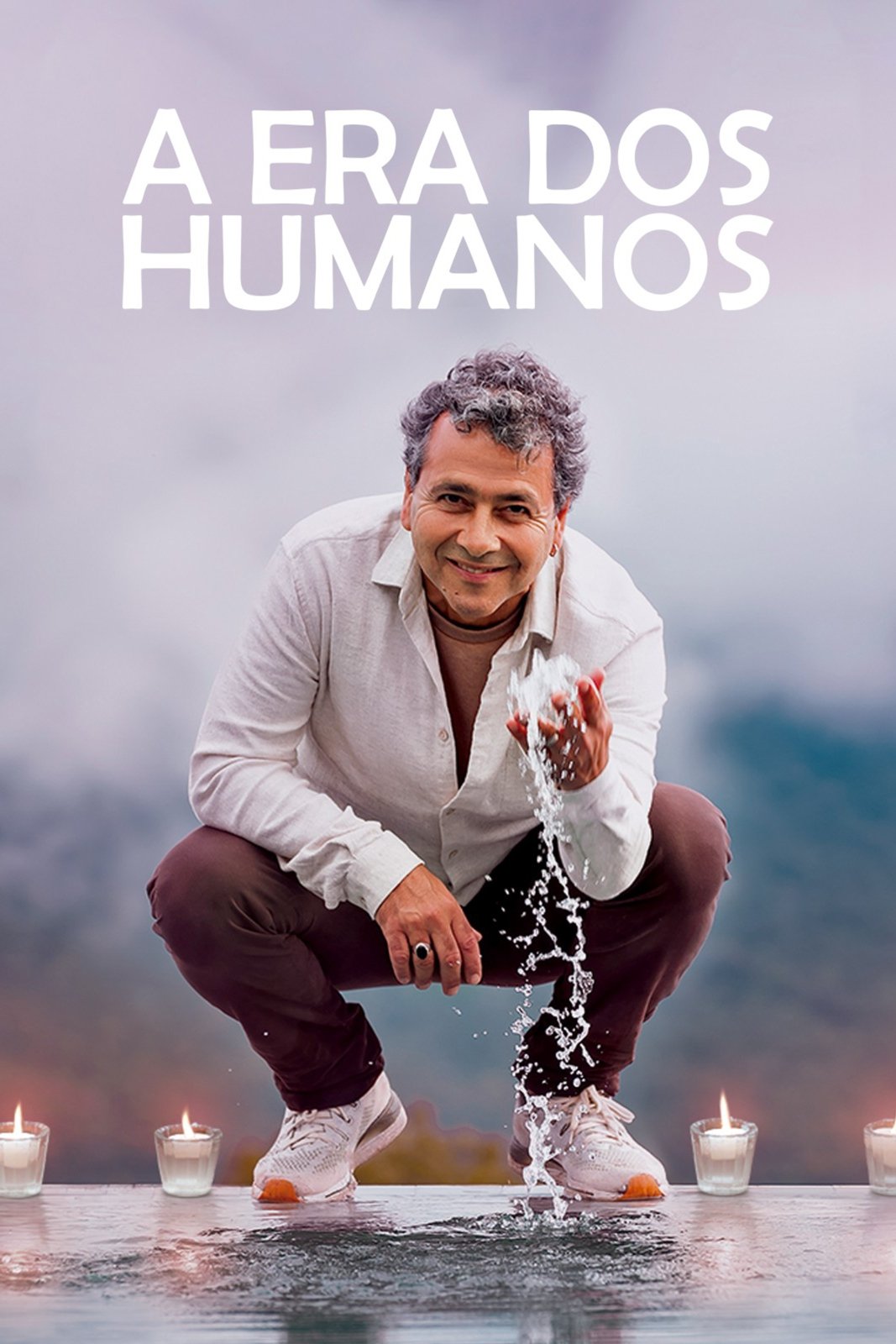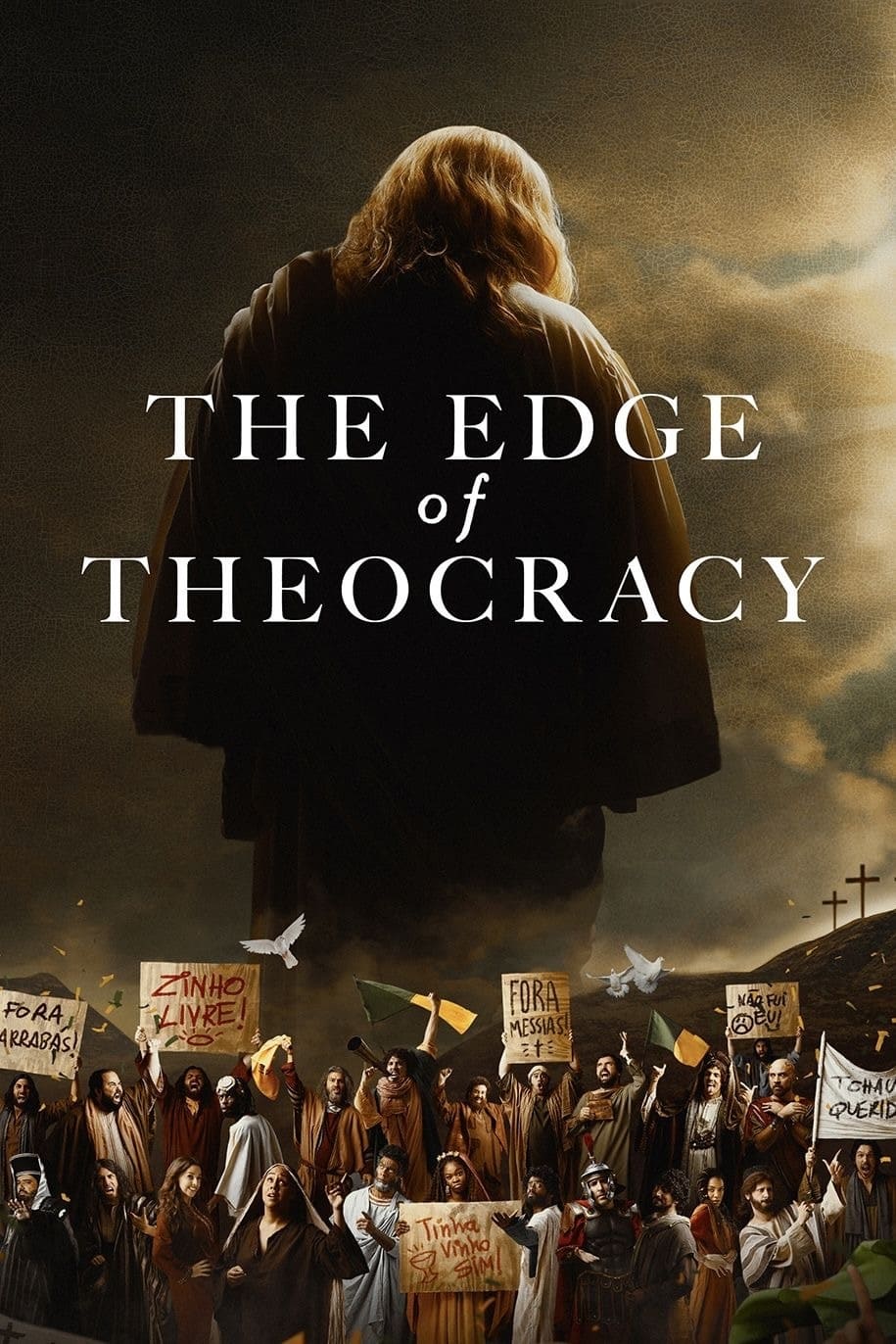

Marcos Palmeira de Paula (Rio de Janeiro, August 19, 1963) is a Brazilian actor and rural businessman. Coming from a family of artists, he began his career in childhood, consolidating himself professionally from the 1980s onwards in cinema and television.

Twenty years after City of God, Buscapé recounts how conflicts...


Jesus life and work goes through rumors, conspiracies, injuries, friendship...